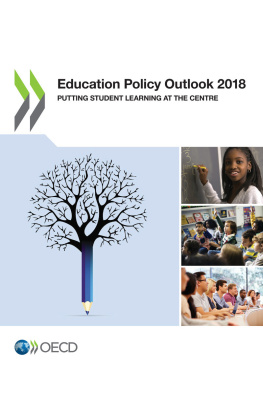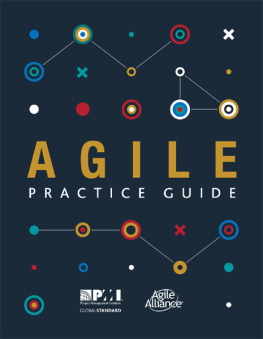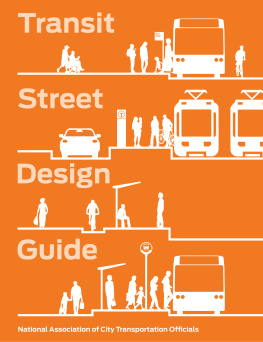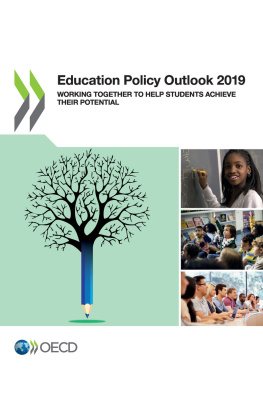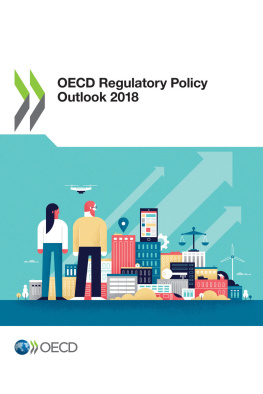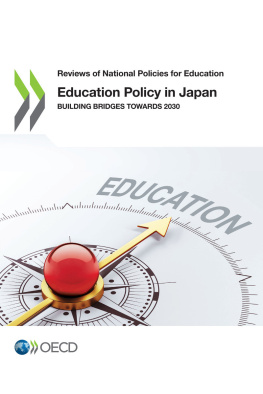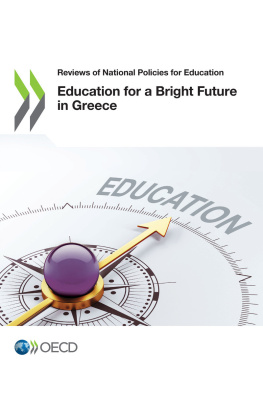coll. - Education policy outlook ...
Here you can read online coll. - Education policy outlook ... full text of the book (entire story) in english for free. Download pdf and epub, get meaning, cover and reviews about this ebook. year: 2015/9999, genre: Politics. Description of the work, (preface) as well as reviews are available. Best literature library LitArk.com created for fans of good reading and offers a wide selection of genres:
Romance novel
Science fiction
Adventure
Detective
Science
History
Home and family
Prose
Art
Politics
Computer
Non-fiction
Religion
Business
Children
Humor
Choose a favorite category and find really read worthwhile books. Enjoy immersion in the world of imagination, feel the emotions of the characters or learn something new for yourself, make an fascinating discovery.
Education policy outlook ...: summary, description and annotation
We offer to read an annotation, description, summary or preface (depends on what the author of the book "Education policy outlook ..." wrote himself). If you haven't found the necessary information about the book — write in the comments, we will try to find it.
coll.: author's other books
Who wrote Education policy outlook ...? Find out the surname, the name of the author of the book and a list of all author's works by series.
Education policy outlook ... — read online for free the complete book (whole text) full work
Below is the text of the book, divided by pages. System saving the place of the last page read, allows you to conveniently read the book "Education policy outlook ..." online for free, without having to search again every time where you left off. Put a bookmark, and you can go to the page where you finished reading at any time.
Font size:
Interval:
Bookmark:
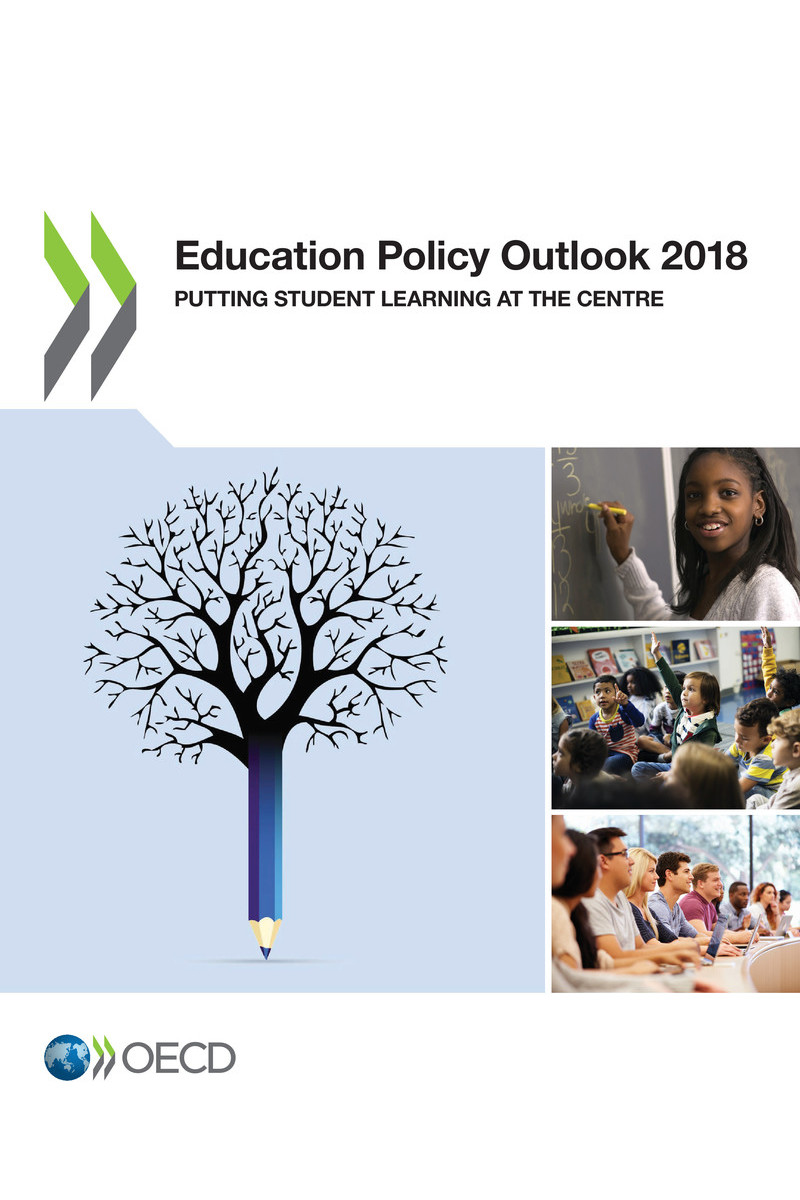
OECD (2018), Education Policy Outlook 2018: Putting Student Learning at the Centre , OECD Publishing, Paris.
https://doi.org/10.1787/9789264301528-en
Putting student learning at the centre of education systems lies at the heart of social, democratic, cultural and economic prosperity. But that is easy to say and hard to do. To transform schooling at scale, we need not just a clear vision of what is possible, but also smart strategies that help make change in education happen.
Policy makers face tough choices when evaluating policy alternatives; they need to weigh the potential impact against the economic and political cost of change. Should they pursue what is most technically feasible? What is most politically and socially feasible? What can be implemented quickly? What can be sustainable over a sufficient time horizon?
The good news is that our knowledge about what works in education has improved vastly, and this edition of the Education Policy Outlook provides a good reflection of that. It is true that digitalisation has contributed to the rise in populism and post-truth societies that can work against rational policy making. But the very same forces, whether in the form of more and better data or new statistical and analytical tools, have also massively expanded the scope and power of social research to create a more evidence-based environment in which policies can be developed. Still, knowledge is only as valuable as our capacity to act on it. The reality is that many good ideas get stuck in the process of policy implementation and the road of educational reform is littered with great ideas that were poorly implemented. Governments are under pressure to deliver results in education services while ensuring that citizens tax dollars are spent wisely and effectively. They set ambitious reform agendas and develop strategic plans to achieve them. But the challenges are often not about designing reforms, but about how reforms can be put into practice successfully.
The laws, regulations, structures and institutions on which public policy tends to focus are just like the small, visible tip of an iceberg. The reason why it is so hard to move education systems forward is that there is a much larger, invisible part under the waterline. This invisible part is composed of the interests, beliefs and fears of the stakeholders who are involved. This is where unexpected collisions occur, because this part tends to evade the radar of public policy.
The Education Policy Outlook therefore does not stop at analysing trends in public policy, but also examines their impact and the challenges involved in implementation. Without exercising judgement on what reforms have been successful and why, it provides an important opportunity for peer learning and collaboration on how to build a shared understanding and collective ownership for change; how to focus resources, build capacity, and create the right policy climate with accountability measures designed to encourage innovation and development, rather than compliance; and how to tackle institutional structures that too often are built around the interests and habits of educators and institutions rather than learners.

Andreas Schleicher
Director for Education and Skills
Special Advisor on Education Policy to the Secretary-General
OECD
The Education Policy Outlook is a collaborative effort between OECD governments and the OECD Secretariat. It was prepared by the Education Policy Outlook team (Diana Toledo Figueroa [Project Leader], Gillian Golden, Shiana Crosby, Manon Giovinazzo, Marie Ullmann and Jonathan Wright), under the responsibility of Paulo Santiago, Head of the Policy Advice and Implementation Division, and Andreas Schleicher, Director for Education and Skills. Sincere thanks are due to the many contributors who helped shape the objectives of the work of the OECD Education Policy Outlook during 2017-18. Members of the OECD Education Policy Committee and the national co-ordinators provided guidance and comments throughout the process (see Annex D for the full list of contributors). At different stages in the process, Clia Braga-Schich, Michaela Horvathova and Jonathan Williams provided input as part of the Outlook team. The Education Policy Outlook National Survey for Comparative Analysis 2016-17 and this report benefitted from comments and guidance from colleagues in the Directorate for Education and Skills (Etienne Albiser, Tracey Burns, Arno Engel, Marc Fuster Rabella, Pierre Goudard, Florian Kster, Gonalo Lima, Rowena Phair, Marinus Rouw, Paulo Santiago, Cludia Sarrico and Sophie Vayssettes). Mnika Kpe-Holmberg, Ulrike Pisiotis, Livia Ruszthy and Alexandra Tamasan of the European Commission also provided valuable input. The OECD Secretariat is also grateful to the European Commission for the funding it provided for the preparation of 11 Education Policy Outlook Country Profiles from 2015 to 2017.
Cassandra Davis and Henri Pearson provided communications assistance, and Susan Copeland edited the report.
The Education Policy Outlook uses an analytical framework to examine education policy ecosystems. Drawing on OECD work with countries on education policy, this framework serves as a lens through which readers can review education systems from the point of view of students , institutions and systems (see Annex A, Table A A1.1). The OECD Education Policy Outlook has been using this analytical framework since 2012 to carry out comparative and country-based analysis of education policies from early childhood education and care to higher education and lifelong learning.
Font size:
Interval:
Bookmark:
Similar books «Education policy outlook ...»
Look at similar books to Education policy outlook .... We have selected literature similar in name and meaning in the hope of providing readers with more options to find new, interesting, not yet read works.
Discussion, reviews of the book Education policy outlook ... and just readers' own opinions. Leave your comments, write what you think about the work, its meaning or the main characters. Specify what exactly you liked and what you didn't like, and why you think so.

